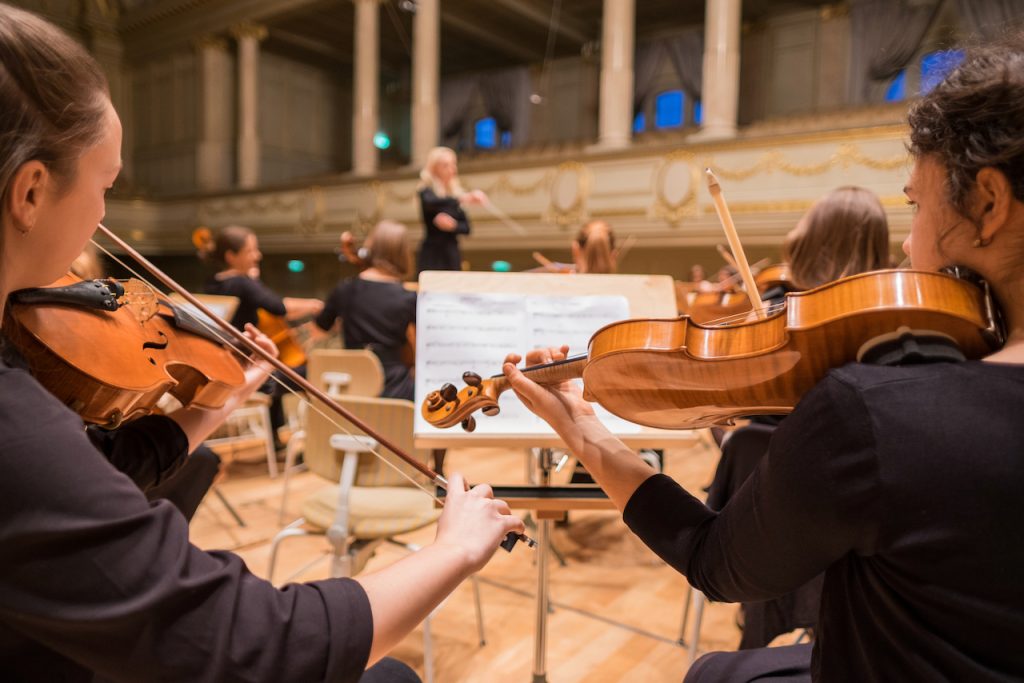Longitude Sound BytesEp 08: Why Beethoven wrote his symphonies? | Anthony Brandt – by Sarah Sowell (Listen)

Anthony Brandt, professor of composition at Rice University and the co-author of Runaway Species: How Human Creativity Remakes the World, Houston:
Often in the creativity literature, you’ll read writers talking about how the creative impulse largely springs from the desire to fix something that’s imperfect or needs improvement. That’s where the expression necessity is the mother of invention comes from. And that can certainly be true with things like devices and appliances, which are constantly being updated and tweaked. But that notion doesn’t really hold up well in the arts.
Beethoven didn’t write symphonies because he thought there was anything wrong with Mozart’s. And he didn’t write his 8th symphony because he thought there was something wrong with his 7th. Rather, I would turn that whole concept on its’ head and say that, humans show our love for something not just by preserving or memorializing it but, by turning it into something new.
One could say that goal of culture is to take the best from the past, and make sure it stays alive and active in human imagination. I have known plenty of composers, especially in my teachers’ generation, who are very intimidated by class of composers like Bach and Beethoven. They wondered aloud whether there was any point in still writing music, when those past masters were so great. To which I would say that a composer like Beethoven wanted to be the best composer of their day but he didn’t want to be the last. In fact, if you were to tell him that people revered his music so much they didn’t want anyone else to compose, I think he would be appalled. All he ever wanted to do was to put forth his best and then pass the baton. I think, if Beethoven could visit today’s world, of course he would be happy to see his music being played everywhere, but I think what would really make him tear up is that so many people would point to him as a role model and inspiration even if their music sounded very different from his. It would be like, he would be surrounded by his grandchildren, and his great grandchildren.
The great works of the past aren’t there to stop us. They are there to provide us with the raw materials to keep going. That is very important to stress in teaching. It is important to teach students that the past isn’t there to be this great edifice that can’t be surpassed, but rather is an invitation to go beyond and make your own.

Sarah Sowell, Longitude fellow, Rice University, Houston:
I loved how Dr.Brandt focuses on how composers used creativity in the composing process to glorify what they love – This insight into creativity as a celebration of what makes us human made me think of all the famous and beautiful artwork that honors the people, places, and beliefs we humans hold dear such as the Last Supper by DeVinci or Taj Mahal. I realized Creativity is an opportunity to celebrate the joy that unites us.
We hope you enjoyed todays segment. Please feel free to share your thoughts over social media and in the comments, or write to us at podcast@longitude.site. We would love to hear from you.
Join us next time for more unique insights on Longitude Sound Bytes

